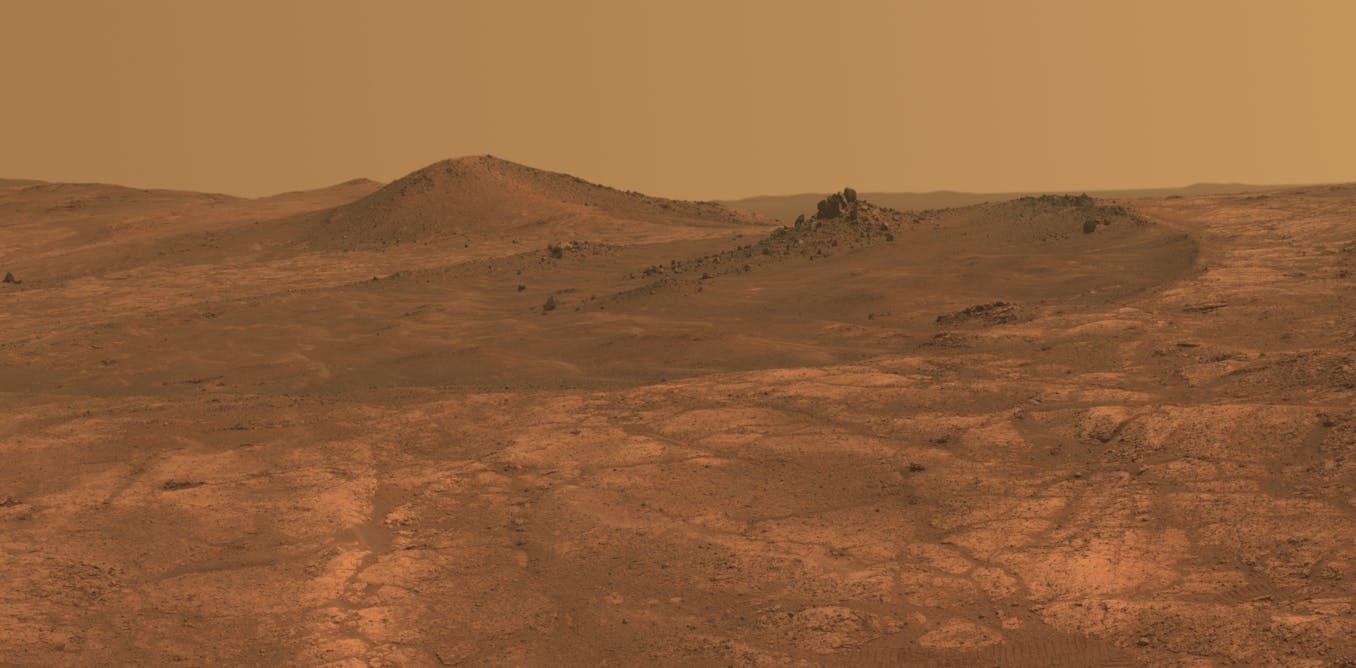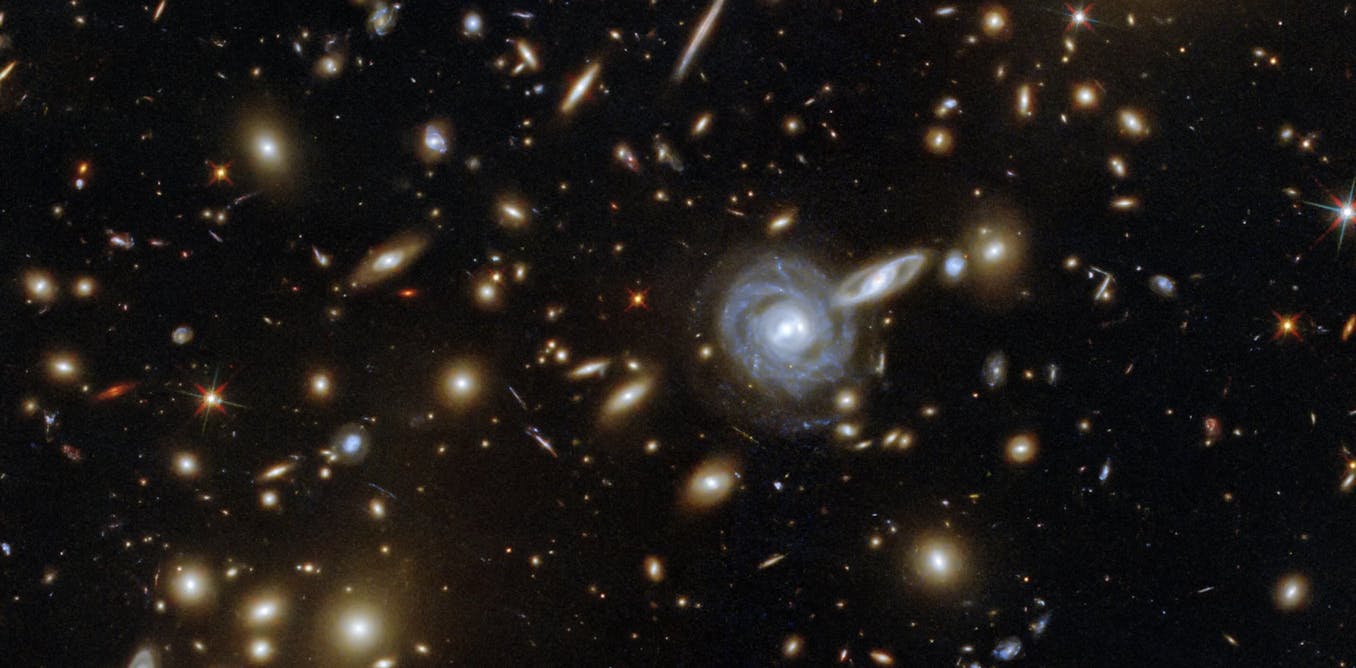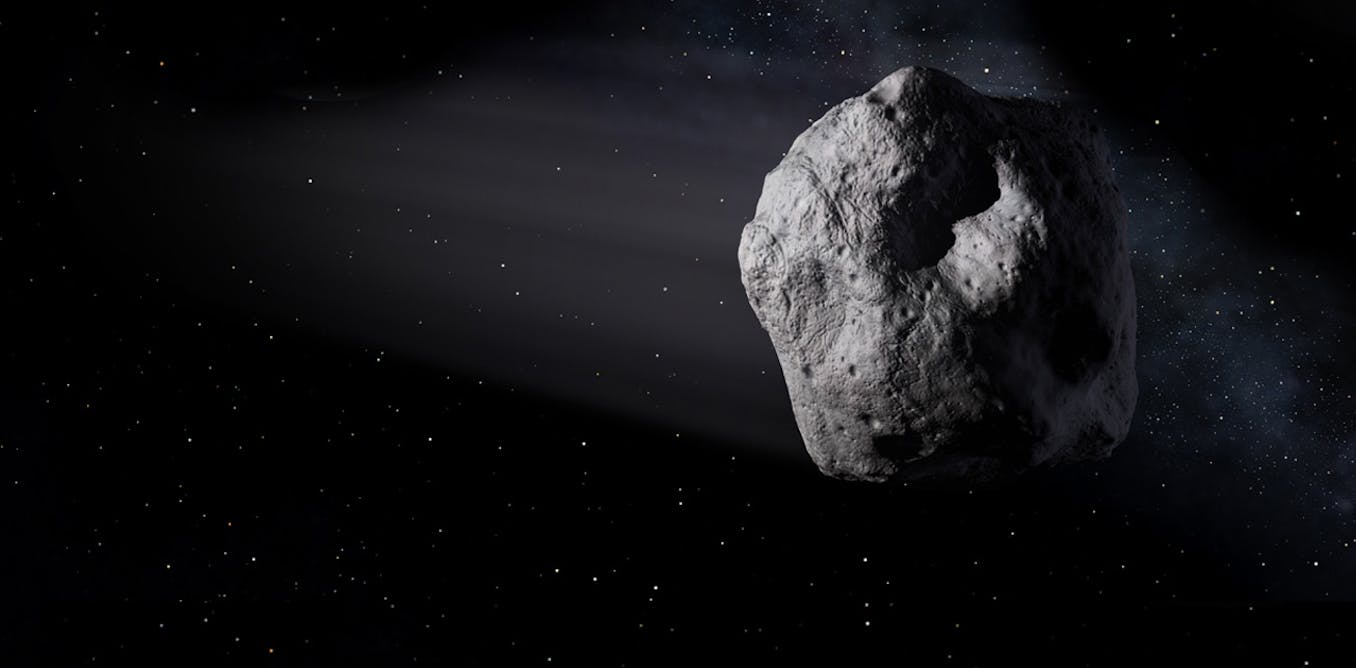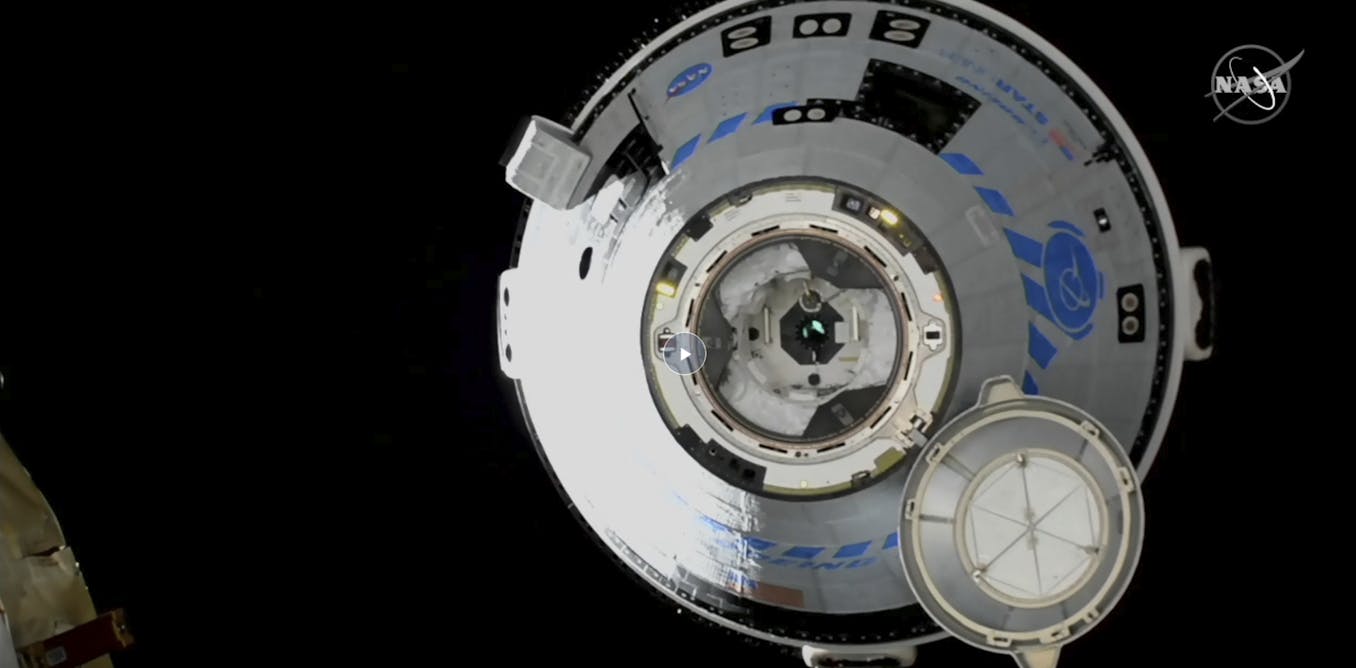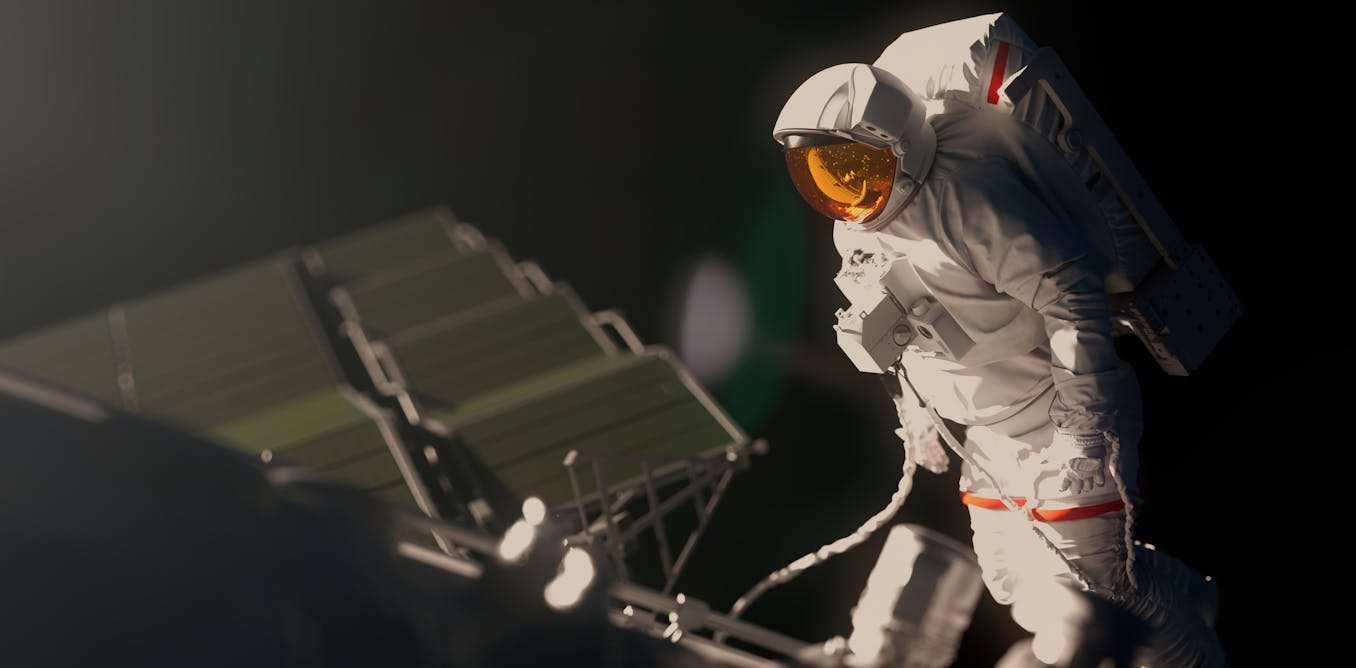NASA wants to send humans to Mars in the 2030s − a crewed mission could unlock some of the red planet’s geologic mysteries
Before sending humans to Mars, NASA will first return humans to the Moon’s surface to test its technology and train astronauts.
Oct. 7, 2024 • ~7 min

